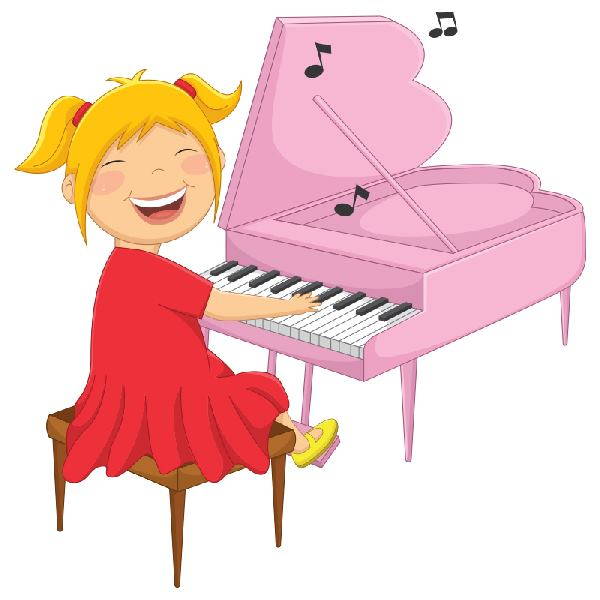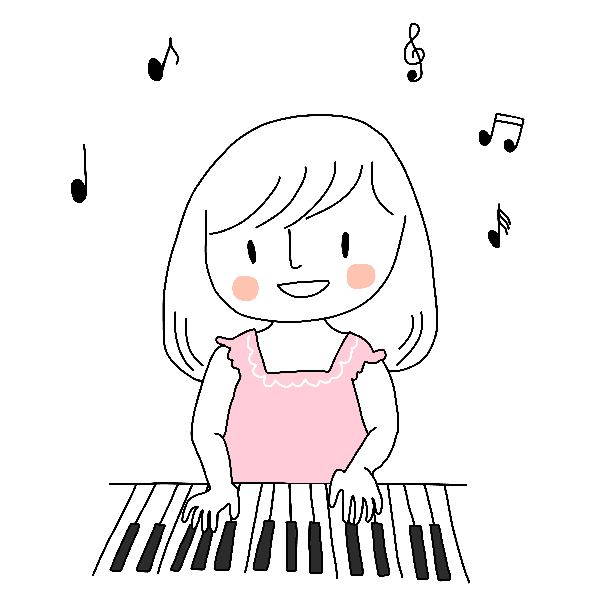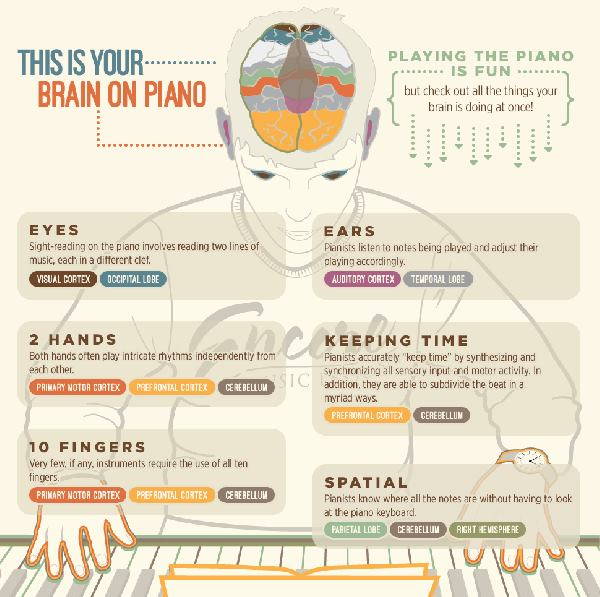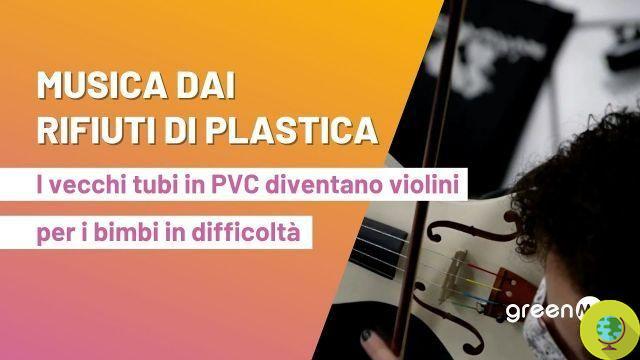Good scientific evidence shows that learning to play an instrument - and especially the piano - can actually make you smarter, happier, and healthier. Here are all the benefits of playing the piano.
Music, as we know, is a panacea for young and old. It helps to relax, to indulge one's emotions, to fight anxiety. In the same way, learning to play an instrument also has the same potential: a real language to understand and keep, which helps to develop learning and understanding skills. But what are the benefits of playing a specific instrument like the piano?
For everyone, adults and children, learn to listen to music and ea play an instrument opens the door to new opportunities. Plus, it's a really fun thing.
As for the piano, it is not necessary to become skilled pianists or high-ranking professionals: just learning to play, read the notes, understand the scores is a fortune to be taken on the fly. Suffice it to say that it is also and above all a cure-all against brain aging!
Index
Research on the benefits of playing the piano

Studying the piano, but also the violin, would help children to overcome states of agitation, to be more concentrated and to control their emotions.
According to a study published in the Journal of the American Academy of Child & Adolescent Psychiatry, in fact, the education to a musical instrument would lead to a modification of the motor areas (it is necessary, in fact, to coordinate the movements), and to a cortical enlargement in the areas of the brain related to executive functioning, inhibitory control and emotion processing.
This indicates that playing a musical instrument benefits the brain of the little ones.
Another American research focuses on brain activity, according to which children who learn to play a musical instrument and continue to play for many years will enjoy better brains as they get older. Not only will they retain cognitive abilities that others may lose, but they may enjoy special protections against some of the effects of Alzheimer's disease.
A 2014 study intervenes on the skills that develop while playing the piano which is clear on one point: the piano is an important instrument in terms of skill, because two hands must play together simultaneously while traveling on 88 keys. They can play up to 10 notes at a time. To handle all of these things together, pianists need to develop a totally unique brain capacity.
Confirmation? According to this analysis, a pianist has one part of the brain that is more active than the other or, better, is able to use both parts of the brain when he puts his hands on the keyboard, controlling the right and left with the same naturalness. Science explains it this way: in most people, the depth of the central sulcus of the brain is most marked either only to the right or only to the left, which determines which hand is dominant. But when the scientists scanned the brains of the pianists they found something different: the pianists had a groove evidently more symmetrical than all the others, even though they were born right-handed or left-handed. In practice, the ability to train and master both hands means that the brain is active in the same and this leads the pianist to strengthen the weaker hand, bringing it to the same level as the other. How does this translate into practical terms? A pianist is more practical in solving problems, has a good dose of creativity and able to do several things at the same time, as well as - obviously - playing with two hands.
What is clear, in short, is that good scientific evidence shows that learning to play an instrument - and in particular the piano - can actually make you smarter, happier and healthier. Engaging the mind to learn the piano could help with everything from planning skills to language development to anxiety reduction and even memory enhancement.
So let's see what are the advantages of learning to play the piano (for adults and for children).
The benefits of playing the piano

multitasking
Learning to play the piano means teaching the brain how to work fast and on multiple things at the same time. Just think about all the tasks the brain has to perform simultaneously: keeping time, following intonation, forming chords, maintaining posture and controlling your breath, all while the right and left hands operate independently of each other as you found on 88 identical keys. Also, don't forget the pedals and sheet music interpretation. In short, every time you sit in front of a plan, you are offering the brain an excellent workout, exercising all logical, creative, visual, auditory, emotional and motor functions.
Problem solving
As we said before, pianists' brains would be structured differently than other people's brains. The discoveries of the so-called brain imaging have in fact shown that playing the piano strengthens the bridge between the right and left hemispheres and makes connections in the frontal lobe much more efficient.
This means that pianists have an edge in terms of problem solving, spontaneity and decision making. In practice, those who play the piano, and in general all musicians, simultaneously think about complex problems in a different way and come up with faster solutions.
Creativity and self-esteem
Learning music promotes creativity and personal expression, since playing induces active listening and teaches us to mix new elements every time. This goes hand in hand with understanding one's own person and overcoming a certain one shyness, also due to the fact that obtaining results gradually leads to a high level of satisfaction.
 Infographic font
Infographic font
Self-discipline
Learning to play the piano will go a long way in improving it. The constancy and commitment necessary to learn the plan, in fact, ensure that self-discipline develops for a rational use of the time available.
Many argue that if you are not self-disciplined, studying consistently can help a lot.
Intelligence
Memorizing the most difficult passages or choosing how to play the score trains the mind! Reading music helps improve reading skills and stay focused longer, while also improving motor skills and coordination.
Playing means increasing the ability to recognize patterns and structures and stimulate from a neurological point of view the same area of the brain that presides over logical-mathematical thinking.
More health and less stress
Blessed music: everyone, seniors and children, if they play an instrument constantly, they tend to be physically healthier and suffer less from depression, anxiety and loneliness. And not only that, playing reduces stress: listening to and playing music raises the pain threshold, makes us endure more complicated moments better and has positive effects on our entire state of well-being. Playing the piano can also help relieve symptoms of dementia, Post Traumatic Stress Disorder (PTSD), and stroke by improving cognition.
That said, it goes without saying that learning to play the piano is beneficial at any age. Try to try your hand too and maybe take the opportunity to make your children passionate. But be careful, having your puppies give music lessons could give them the idea of an additional commitment to carry out, which could make them whipped and ill predisposed to something as magical as the piano.
Solution? Evaluate with the family and perhaps with the teacher the best way to "convince" the child that learning the piano is a seemingly burdensome but very, very satisfying commitment!
Read also:
- How to develop all the talents of the child (according to Rudolf Steiner)
- 5 useful objects to stimulate imagination and creativity in children
- Music: good for children's brains
Germana Carillo

























